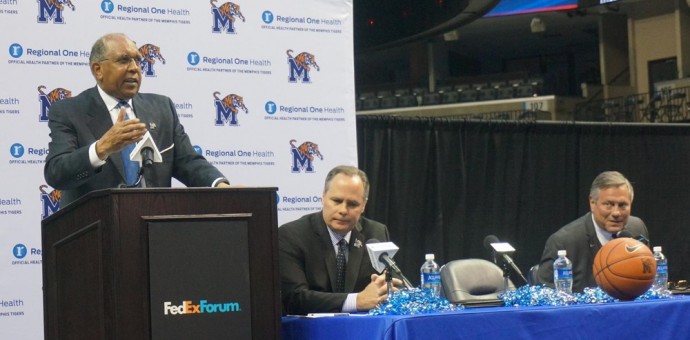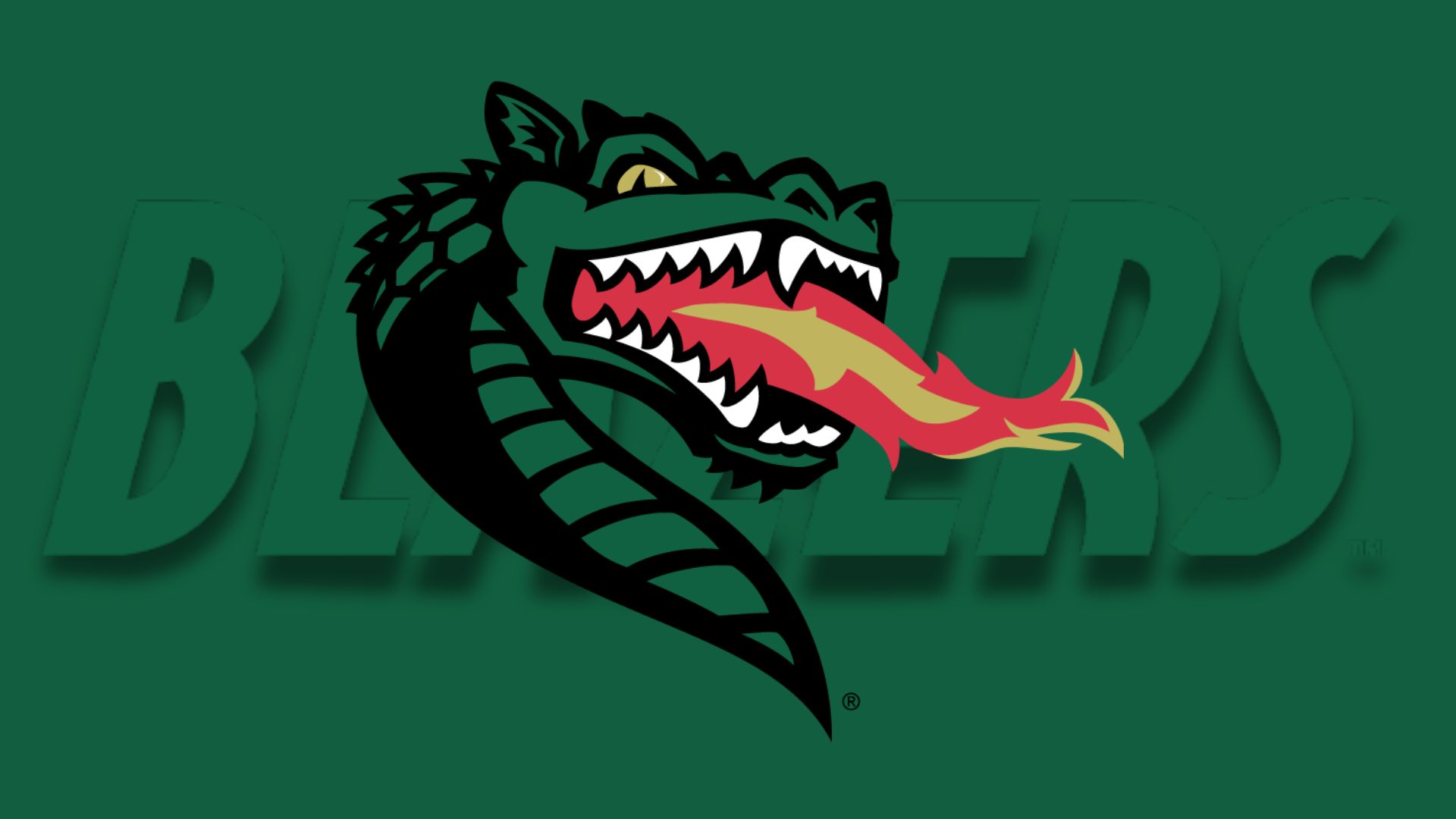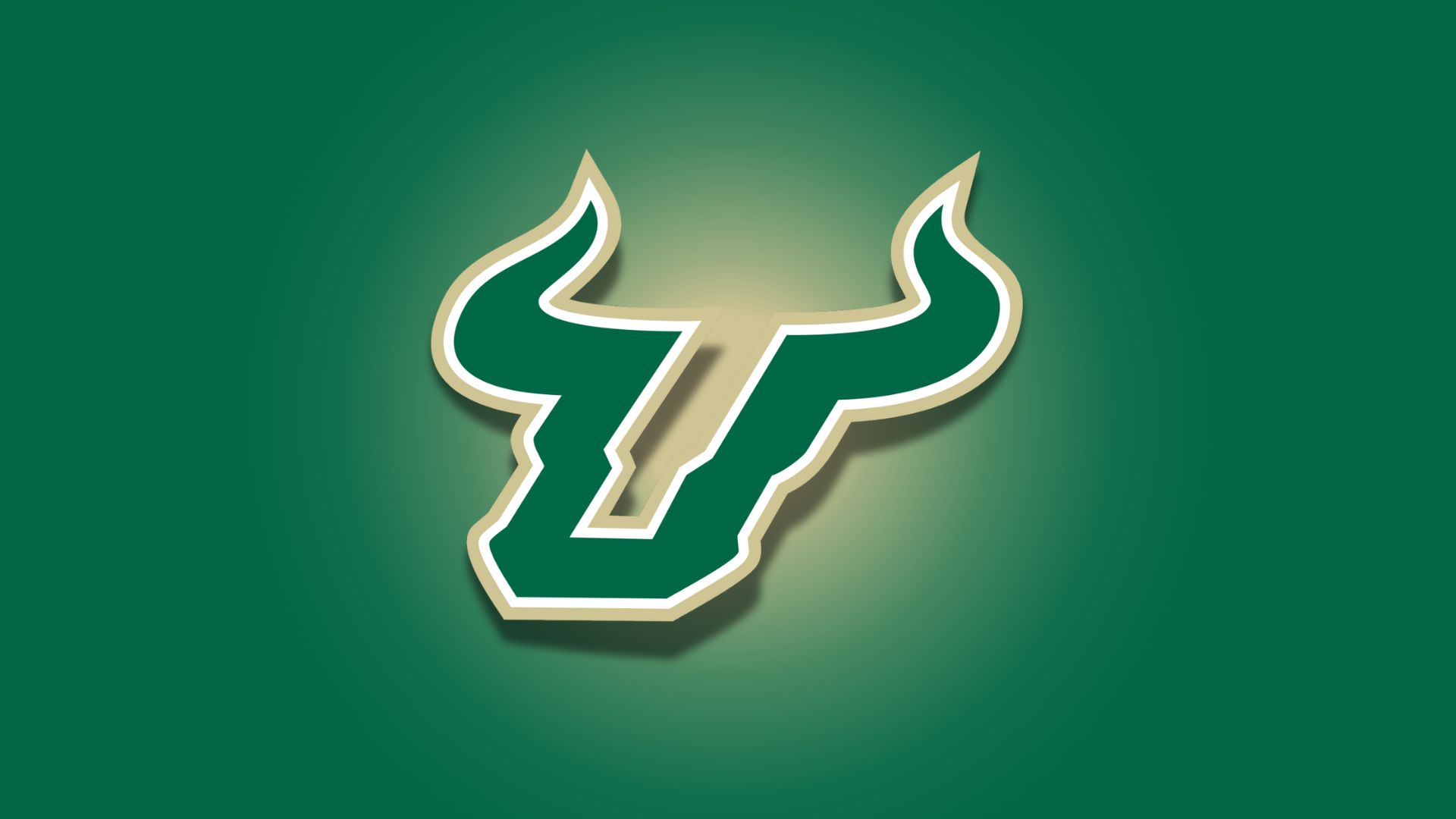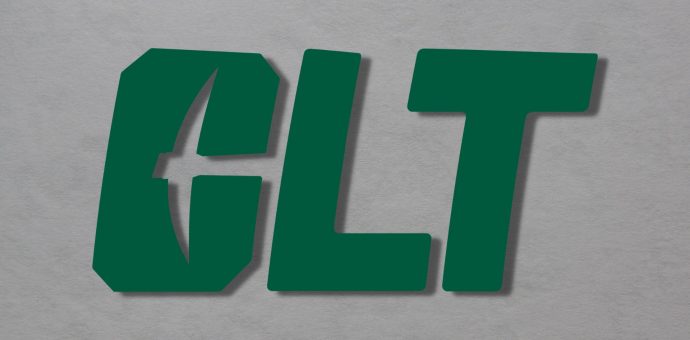Legendary basketball coach Orlando “Tubby” Smith, who guided the University of Kentucky to the 1998 NCAA title, has been named the 18th head coach in the storied history of the University of Memphis basketball program.
Smith, who has a 557-276 career record at Tulsa, Georgia, Kentucky, Minnesota, and Texas Tech, is a three-time National Coach of the Year, and most recently The Sporting News National Coach of the Year and Big 12 Conference Coach of the Year in 2016. During a 10-year span between his tenures with three different programs (Tulsa, Georgia, and Kentucky), he advanced his team to the NCAA Tournament Sweet 16 or beyond eight times.
“A historic hire for the University of Memphis,” said President M. David Rudd of Coach Tubby Smith. “He is the most accomplished coach the UofM has ever hired. For the University of Memphis and our basketball program, Tubby Smith is simply the right guy at the right time.”
“Tubby Smith is one of the finest collegiate basketball coaches and is a man of tremendous character,” said Memphis Athletics Director Tom Bowen. “Nationally, he is highly respected as a leader of young men and as a teacher of the game. I am honored that Coach Smith has agreed to become the next head men’s basketball coach at the University of Memphis.”
He has led teams to one National Championship, four NCAA Tournament Elite Eight appearances, nine NCAA Tournament Sweet 16 appearances, and 17 overall NCAA Tournament berths. He has coached 13 NBA draft picks and 22 former players have gone on to play in the NBA.
Last season, Texas Tech made the program’s first NCAA Tournament appearance since 2004-05, finishing with a record of 19-16. For his efforts in turning around the program – which included a 9-9 mark in a strong Big 12 Conference – he was named the Big 12 Coach of the Year, in addition to being named The Sporting News National Coach of the Year.
Smith’s contract with the Tigers is worth $15.45 million over five years, including $2.8 million in 2016-17, $2.9 million in 2017-18, and $3.25 million in the final three years.
As an assistant and head coach, he has been a part of 758 collegiate wins and 23 trips to the NCAA Tournament since he began his collegiate coaching career as an assistant at Virginia Commonwealth in 1979.
He earned an Olympic Gold Medal as an assistant coach at the 2000 Sydney Olympic Games as a member of the United States men’s basketball coaching staff, working with Olympic team head coach Rudy Tomjanovich. Team USA posted a perfect 8-0 record.
He spent seven seasons as an assistant at Virginia Commonwealth from 1979 until 1986, helping to guide the Rams to five NCAA Tournament appearances, before moving on to South Carolina.
In three years in assisting the Gamecocks (1986-89) where he worked with head coach George Felton, he helped lead the program to its first NCAA Tournament appearance in 15 seasons (last time had been 1973-74).
After leaving the Gamecocks, he joined Rick Pitino’s first coaching staff at Kentucky, and helped turn around a team that had a 13-19 record in 1988-89 to a team that went 22-6 two seasons later in 1990-91 and ended the year ranked ninth in the Associated Press (AP) poll.
Following the 1990-91 season with the Wildcats, he earned his first head coaching position in 1991-92 with the Tulsa Golden Hurricane. At Tulsa, he went 79-43 over his four seasons, including back-to-back NCAA Tournament Sweet 16 appearances – the Golden Hurricane’s first NCAA berths since 1986-87.
In the 1994 NCAA Tournament, Smith’s 12th-seeded Golden Hurricane squad upset 17th-ranked and fifth-seeded UCLA in the opening round, before recording a second-straight upset with a victory over 19th-ranked and fourth-seeded Oklahoma State 82-80 in a game played in Oklahoma City. The run for Tulsa that season ended in the NCAA Tournament Sweet 16, where the team fell to top-ranked and eventual NCAA champion Arkansas.
A year later in 1994-95, Tulsa went 24-8 and earned a No. 6 seed for the 1995 NCAA Tournament. As a higher seed against 11th-seeded Illinois, the Golden Hurricane picked up a 68-62 win, before topping 14th-seeded Old Dominion 64-52 to earn a second-straight NCAA Tournament Sweet 16 berth. His tournament run came to an end against the University of Massachusetts in the NCAA Tournament regional semifinals.
He continued his run of NCAA Tournament Sweet 16 appearances in his first season at Georgia, where he was named head coach starting with the 1995-96 season.
He guided the Bulldogs to a 21-10 record in his first season, including the program’s first NCAA Tournament win since the 1984-85 season, and the longest tournament run for Georgia since 1982-83.
As the No. 8 seed, Georgia topped Clemson 81-74 in the first round, before knocking off top-seeded and fifth-ranked Purdue 76-69. The run came to an end in the NCAA Tournament regional semifinal, where the Bulldogs fell to fourth-seeded and 15th-ranked Syracuse – the eventual NCAA runner-up.
A year later – in what was his final season with the Bulldogs – he led the program to a 24-9 overall record, was ranked 17th at the end of the season, and earned an NCAA Tournament berth.
After the 1996-97 season, he was tabbed as the head coach at Kentucky. He took the reins of a program that had just seven players returning from an NCAA title game appearance the year before, and had the lowest preseason ranking for the program since 1991 – during his tenure as an assistant coach with the Wildcats.
He orchestrated a run through the season in which the team was ranked in the top-10 the entire year. The team closed out the regular season with four-straight wins, before sweeping through the Southeastern Conference (SEC) Tournament, winning each game by double figures.
A No. 2 seed in the South Region for the 1998 NCAA Tournament, the Wildcats breezed past South Carolina State (No. 15 seed) and Saint Louis (No. 10 seed). In the regional semifinal, the team topped 19th-ranked and sixth-seeded UCLA 94-68, before beating third-ranked and top-seeded Duke. In the national semifinal, his squad beat Stanford in overtime, before topping Utah in the NCAA championship game.
The NCAA championship was one of just two in over 20 seasons to win a title without a first team All-American or future NBA Lottery Pick.
In 1998-99, the Wildcats finished 25-8 and earned the SEC automatic bid to the NCAA Tournament, where they were a No. 3 seed in the Midwest Regional. Kentucky knocked off New Mexico State in the opening round, before needing overtime to top sixth-seeded Kansas in the second round. A 58-43 win over 10th-seed Miami (Ohio) in the regional semifinals advanced Kentucky to the NCAA Tournament Elite Eight for a fifth-straight season.
The 1999-2000 Kentucky squad went 23-10 and advanced to the second weekend of the NCAA Tournament, topping Holy Cross and Iona. A year later in 2000-01, the Wildcats topped Holy Cross and Iona to advance to a second-straight NCAA Tournament Sweet 16 appearance.
A third-consecutive NCAA Tournament Sweet 16 appearance came a year later with wins over Valparaiso and Tulsa in the first two rounds during a 22-10 season.
The 2002-03 team suffered just four losses throughout the entire season and had a 32-4 record. Wins over IUPUI, Utah, and Wisconsin put the Wildcats into the NCAA Tournament Elite Eight. A season later in 2003-04, Kentucky finished with a 27-5 record, an SEC Tournament title, and an NCAA Tournament win.
In 2004-05, the Wildcats won the SEC regular-season crown and went 28-6, beating Eastern Kentucky and Cincinnati en route to the NCAA Tournament Sweet 16, and a win over Utah advanced the team to the Elite Eight.
The 2005-06 and 2006-07 seasons both saw Kentucky record 22 wins and an NCAA Tournament win.
2007-08 marked Smth’s first season in Minnesota with a 20-14 record. A 22-11 record in 2008-09 and a 21-14 record in 2009-10 gave the Gophers basketball program its first string of three-consecutive, 20-win seasons in program history.
In all six of his seasons with Minnesota, he finished above .500, the first time that the Gophers had that long of a stretch in over 50 seasons (1949-55).
During his time at Minnesota, Smith advanced to the postseason five times, including three NCAA berths (2009, 2010, 2013) and two NIT appearances (2008, 2012). Included in those runs were the program’s 2013 NCAA appearance, which saw the Gophers’ first NCAA Tournament win since 1989-90 and an NIT run to the championship game in 2011-12.
He followed his tenure at Minnesota with a three-year stint at Texas Tech in which his teams improved from 11-20 in 2012-13, the year before Smith took control of the program, to 19-13 last season and picked up the program’s first NCAA Tournament berth since 2004-05.
He has sent 19 players to the NBA during his coaching career, including NBA Champions Rajon Rondo, Tayshaun Prince, and Shandon Anderson, as well as Jodie Meeks, Chuck Hayes, Nazr Mohammed, Scott Padgett, Jamaal Magloire, Kelenna Azubuike, and Keith Bogans. Nine of the players that he sent to the NBA heard their names called on draft day, as Rondo, Magloire, Mohammed, Padgett, and Prince were each first-round draft picks. Prince was also a member of the United States basketball team that won the Gold Medal at the 2008 Summer Olympics in Beijing, China.
A native of Scotland, Maryland, Smith is the sixth of 17 children of Guffrie and Parthenia Smith. He and his wife, Donna, have three sons: G.G. Smith, who is the head coach at Loyola University in Maryland; Saul Smith, who spent last season as the video coordinator at Texas Tech; and Brian Smith, an Ole Miss graduate, who last season worked as a physical education teacher in Florida.
He is a 1973 graduate of High Point (N.C.) College, and was an all-conference performer as a senior, finishing his career as the seventh all-time leading scorer in program history. Smith, who earned his degree in health and physical education, was honored on Dec. 8, 2011, by his alma mater with a banner bearing his name that currently hangs from the rafters at the Millis Center.
Photo Courtesy Memphis Athletics







